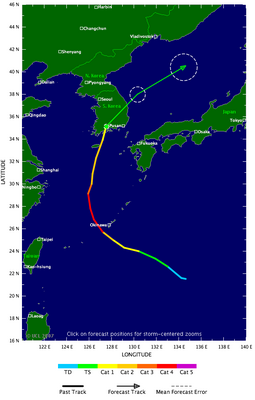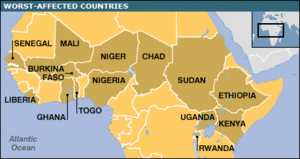A female shorebird was recently found to have flown 7,145 miles (11,500 kilometers) nonstop from Alaska to New Zealand - without taking a break for food or drink.
It's the longest nonstop bird migration ever measured, according to biologists who tracked the flight using satellite tags.
The bird, a wader called a bar-tailed godwit, completed the journey in nine days.

|
| ©USFWS
|
| A shorebird called a bar-tailed godwit, like the one pictured here, was recently found to have flown 7,145 miles (11,500 kilometers) nonstop from Alaska to New Zealand, the longest uninterrupted bird migration ever recorded, scientists say.
|
In addition to demonstrating the bird's surprising endurance, the trek confirms that godwits make the southbound trip of their annual migration directly across the vast Pacific rather than along the East Asian coast, scientists said.

